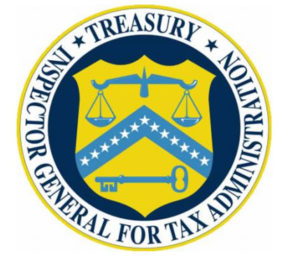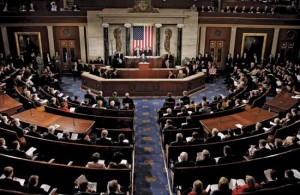IRS Wastes Taxpayer Dollars and Claims it’s Efficient
Thursday, January 10th, 2019 @ 2:49PM
The IRS loves to claim it is an efficient organization, often using the most inefficient bureaucracies on the planet as a basis of comparison.
After drawing a single comparison between the IRS’s unproductive exploits and the easy tax revenue it lets slip through the cracks and the essential services it neglects, it’ll be painfully obvious the claim doesn’t hold up.
Every year, according to Treasury Inspector General for Tax Administration, the IRS let’s approximately 1.9 million known taxpayers get away with not paying taxes according to internal IRS sample data audited for years 2012 and 2013.
This data is taken from a follow up on taxpayers who requested and were granted an extension for filing their taxes later than the typical April 15th requirement, but wound up never filing at all.
The total missing revenue from these delinquent tax payments is estimated at $7.4 billion for just tax year 2013. The situation gets worse if you add all the known delinquent taxpayers who never bothered to file at all, which brings the sum total to $15.8 billion for tax year 2013, comprising over 3.1 million taxpayers.
It doesn’t get any easier to collect taxes than this
An efficient operation would compare their current system of collection to an ideal system of collection that targets low-hanging fruit first.
What did the IRS have to say about not going after these easily identifiable, slam-dunk cases of tax delinquency? “Nonfilers with expired extensions for Tax Year 2013 were not addressed due to managerial decisions and resource constraints.”
Essentially, they decided to allocate their resources elsewhere, now all we have to do is compare this total waste to some of what the IRS has spent money on.
Waste! Waste! Waste!
A 2016 Senate Finance report, outlined the grossly excessive usage of IRS resources on palatial housing and first class travel by the IRS as “simply unacceptable.” It was found that a group of just 27 employees at the IRS were found to have spent more than $1.4 million on travel in the fiscal year 2015.
As per IRS rules, an IRS employee traveling in Washington is allowed to spend up to $7,099 a month for housing alone.
IRS claims it lacks the resources to pursue obvious cases of taxpayers failing to file their taxes. They’ve even cut customer service to taxpayers to the extent that only 4 out of every 10 taxpayers were expected to get through to a live person at the IRS in 2018, those that did get through waited approximately 30 minutes on average.
Yet, the IG reports that from Oct. 2015 to Dec. 2016, the IRS has had the spare cash to dole out $141 million in bonuses and time-off awards to its employees. More than $1.7 million in awards were given to 1,962 employees who had a disciplinary or adverse action, such as not paying taxes as an IRS employee.
Far be it from an efficient organization that claims it is swamped to be dishing out massive percentages of its overall budget to bonuses and a lavish travel account.
Like throwing money into a blackhole
According to the Wall Street Journal, the IRS will soon to be losing more money than it is collecting enforcing the Foreign Accounts Tax Compliance Act (FATCA), and according to a TIGTA investigation, “despite spending nearly $380 million, the IRS has taken limited or no action” to enforce a majority of FATCA’s provisions.
Essentially, these enforcement efforts are a monumental failure and a waste of IRS resources, even knowing this, the IRS requested that 20% of its proposed budget increase or an extra $127 million of additional annual spending go towards this financial black hole of an enforcement scheme.
Perpetual crisis is a government marketing strategy
There’s a disturbing trend in Washington that whenever an arm of government is faced with budget cuts, it begins cutting the most vital, visible, and appreciated services it offers first, while conserving as much of the waste and corrupt activities as possible.
Dubbed the Washington Monument Syndrome, this act of insanity is the norm in Washington where perverse incentives lead government officials to be as inefficient as possible so that they can demand ever increasing sums of money for a job that could, in any other setting, be done for a fraction of the cost.
If only the government had to manage its finances before it could demand more from the American taxpayer.
Posted by cfegov
Categories: Fraud, Waste and Abuse












